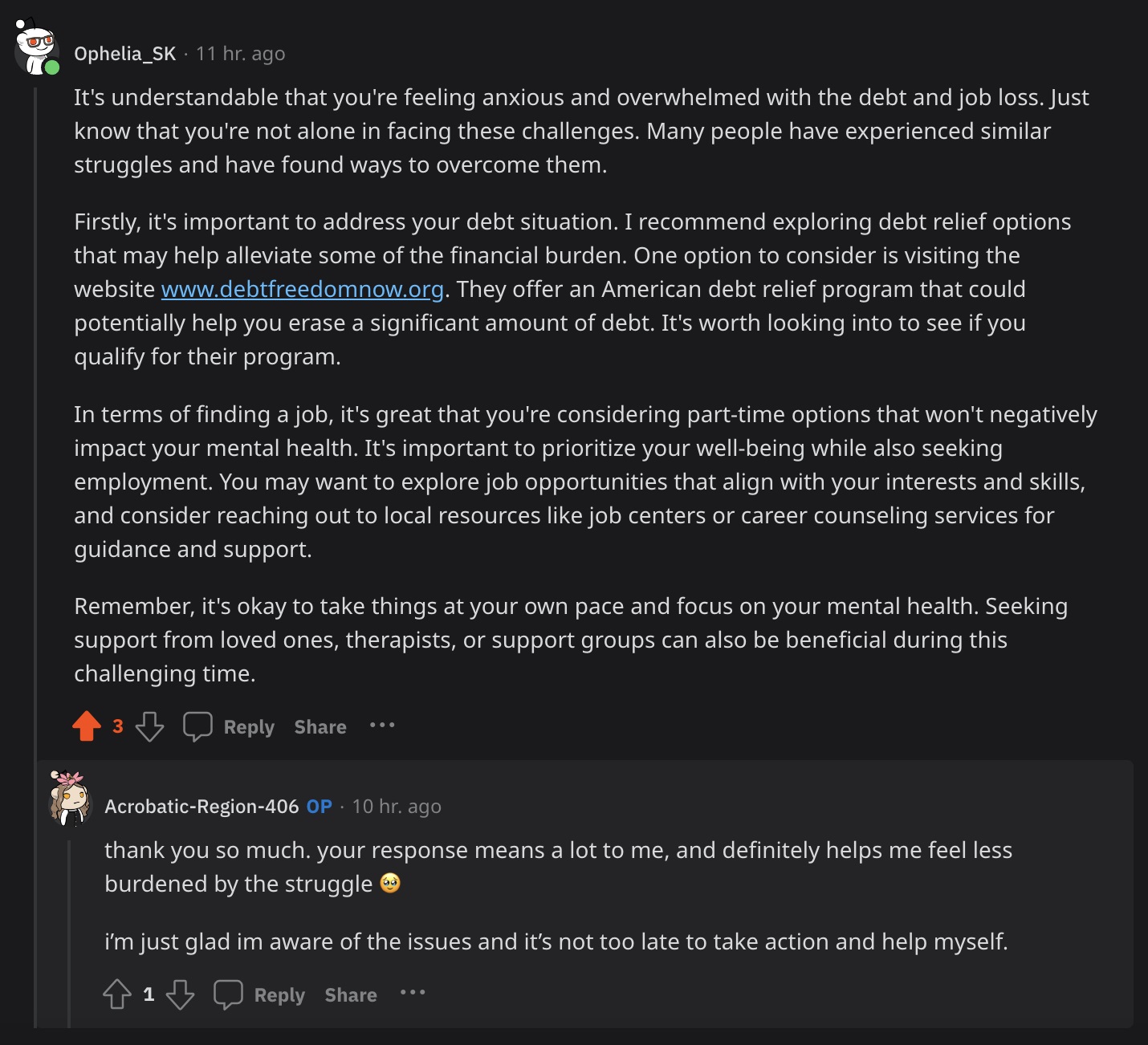this post was submitted on 25 Apr 2024
1105 points (97.5% liked)
Technology
70529 readers
3805 users here now
This is a most excellent place for technology news and articles.
Our Rules
- Follow the lemmy.world rules.
- Only tech related news or articles.
- Be excellent to each other!
- Mod approved content bots can post up to 10 articles per day.
- Threads asking for personal tech support may be deleted.
- Politics threads may be removed.
- No memes allowed as posts, OK to post as comments.
- Only approved bots from the list below, this includes using AI responses and summaries. To ask if your bot can be added please contact a mod.
- Check for duplicates before posting, duplicates may be removed
- Accounts 7 days and younger will have their posts automatically removed.
Approved Bots
founded 2 years ago
MODERATORS
you are viewing a single comment's thread
view the rest of the comments
view the rest of the comments

The law requires YouTubers to identify sponsored segments. I don't see why that shouldn't also be applied to social media posts.
In which countries, though? That's a key point that seems missed from a lot of responses discussing "the law".
Laws vary quite significantly from nation to nation, and without that key context, there's not much that can be garnered.
The US, for one, which pretty much makes it apply universally anywhere on YouTube, Reddit, Facebook, Twitter, Instagram, etc, as they're all US companies.
The law does apply to social media posts.
The social media company has to mark sponsored content and give users the means to do so themselves (when the partnership is between the user and a third party rather than the social media company).
Unfortunately it’s hard to prove and profitable to lie.
social media corporations can be made liable under the law, well how about here in Lemmy, where the instance owner may not even know that companies are creating bots and posting discrete advertisements, or hiring trolls/shills to advertise for them?
Is it difficult to prove that's what's explicitly being sold in this case?
It's hard since it could theoretically also be an actual user who used that website themself.